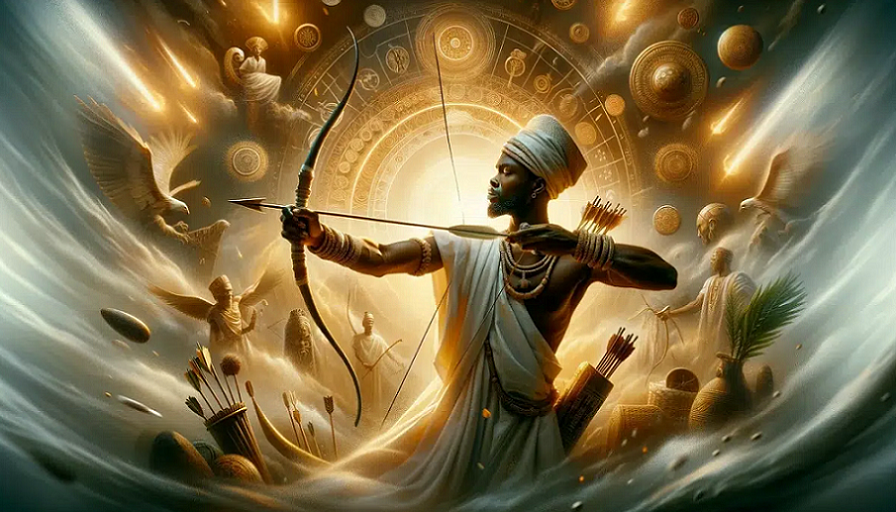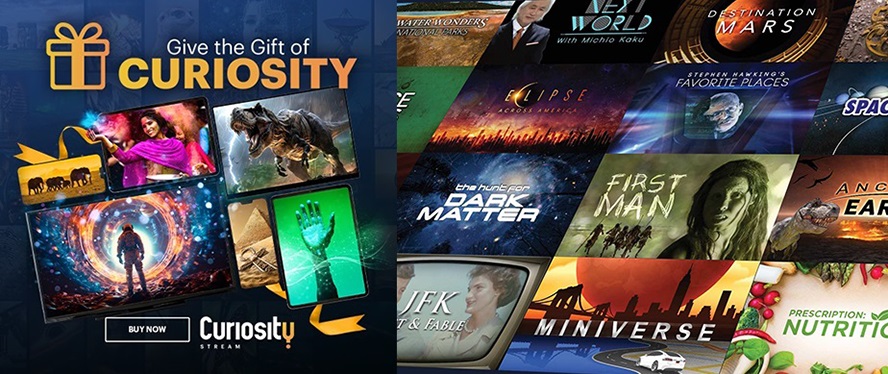
Throughout history, myths and legends have served as cultural mirrors, reflecting the values, fears, and aspirations of societies from around the globe. These stories have been passed down over generations, providing insight into the beliefs of our ancestors. From the Olympian gods of ancient Greece to the trickster tales of Native American tribes, each culture has its own unique set of legends that shape their worldview. Here we look into how these stories function as windows into the past, connecting us with the genealogy, identity, and the shared human experience.
Contents
The Role of Myths and Legends in Society
Myths and legends have long served several essential roles within a culture. They are not just tales spun for entertainment; they often encapsulate the moral fiber and historical significance of a community. They explain natural phenomena, convey societal values, and teach lessons of right and wrong in a way that was especially vital in societies where formal education systems were not yet developed.
For ancient Greeks, myths explained complex ideas. They used narratives of gods and heroes to navigate the complexities of human nature and the world around them. Similarly, Norse myths, with their tales of mighty gods and grand adventures, provided explanations for natural events and human behavior.
Moral Lessons and Warnings
Many legends are designed to impart moral lessons that guide behavior and ethics. For example, Aesop’s Fables, originating in ancient Greece, are renowned worldwide for their simple stories that deliver powerful moral messages. Through talking animals and clever plots, these fables teach the importance of honesty, kindness, and simplicity.
In contrast, legends often serve as cautionary tales designed to warn listeners of potential dangers. The chilling stories of La Llorona in Latin American folklore, for instance, caution children to stay near home and heed the guidance of their parents, weaving cultural beliefs with practical safety lessons.
Windows into Ancestral Beliefs
Myths and legends are, in many ways, the original historical records, providing insight into how ancient peoples perceived the world. They reflect the attitudes, customs, and concerns of their time. These stories illuminate how our ancestors made sense of existence and the forces they believed shaped their lives.
For example, creation myths, which explain the origins of the world and humanity, reveal much about cultural priorities. The Maori people of New Zealand believe in the story of Ranginui (the Sky Father) and Papatūānuku (the Earth Mother), whose separation by their children shaped the known universe. Such myths not only explain the creation but also highlight the importance of family and connection to the natural world.
Identity and Collective Memory
Myths often serve as a source of identity and collective memory for cultural groups. They tie communities to their past, fostering a sense of belonging and shared history. The Arthurian legends, with tales of King Arthur and his Knights of the Round Table, not only provide thrilling adventures but also cement the values and ideals of chivalric conduct in medieval British society.
Similarly, in Asian cultures, epic tales like the Ramayana in Hinduism not only entertain but also reinforce cultural beliefs and societal norms. These stories are more than just entertainment; they are integral to a community’s cultural and moral fabric, deeply embedding themselves into the cultural identity.
The Importance of Genealogy
Genealogy, the study of family ancestries and histories, plays an important role in understanding how myths and legends are formed and transformed over time. These stories often track lineages, chart the descent of gods, heroes, and even ordinary people, mapping out familial connections that reflect societal structures and beliefs.
For instance, many myths feature complex family trees of gods and demigods, underscoring the importance of bloodlines. In Greek mythology, understanding the genealogical chart is crucial to understanding inter-deity relationships and mortal connections. These lineage stories reveal how cultures prioritize heritage and ancestry, often tracing back to a common mythical ancestor who provided cultural and spiritual grounding.
Myths and Legends in the Modern World
Despite the advances in science and technology, myths and legends maintain their relevance in contemporary society. They continue to be retold, reimagined, and reinvented, finding new life in books, movies, and art. Modern retellings often bring these ancient stories into a new light, preserving their core messages while adapting them for new audiences.
Take, for example, the Marvel Cinematic Universe’s portrayal of Thor, a Norse god. Although vastly different from his mythological counterpart, this modern rendition retains the essence of the myths, introducing these age-old stories to an entirely new generation.
Preservation and Cultural Legacy
The preservation of myths and legends is essential for maintaining cultural heritage. These stories act as a bridge between the past and the present, allowing contemporary audiences to engage with their history. Many cultures are taking steps to document and keep alive these oral traditions, recognizing their importance as cultural resources.
Efforts to preserve these stories ensure that future generations remain connected to their ancestral beliefs, fostering a continuing conversation between past and present. This cultural legacy is a valuable reminder of humanity’s diverse historical and cultural tapestry, highlighting the universal need for stories.
Why Myths Matter
Myths and legends serve as rich cultural reservoirs that capture the human experience’s essence. They are valuable not only for their entertainment but also for the insights they offer into human nature and cultural beliefs. They invite us to explore our past, examine our beliefs, and reflect on the timeless questions of existence.
These stories remind us of the power of narrative, not only in preserving our history but also in guiding how we perceive and engage with the world. As mirrors of ancestral beliefs, myths and legends are fundamental to understanding our cultural identity and shared human history, resonating with universal themes that continue to captivate and inspire.

